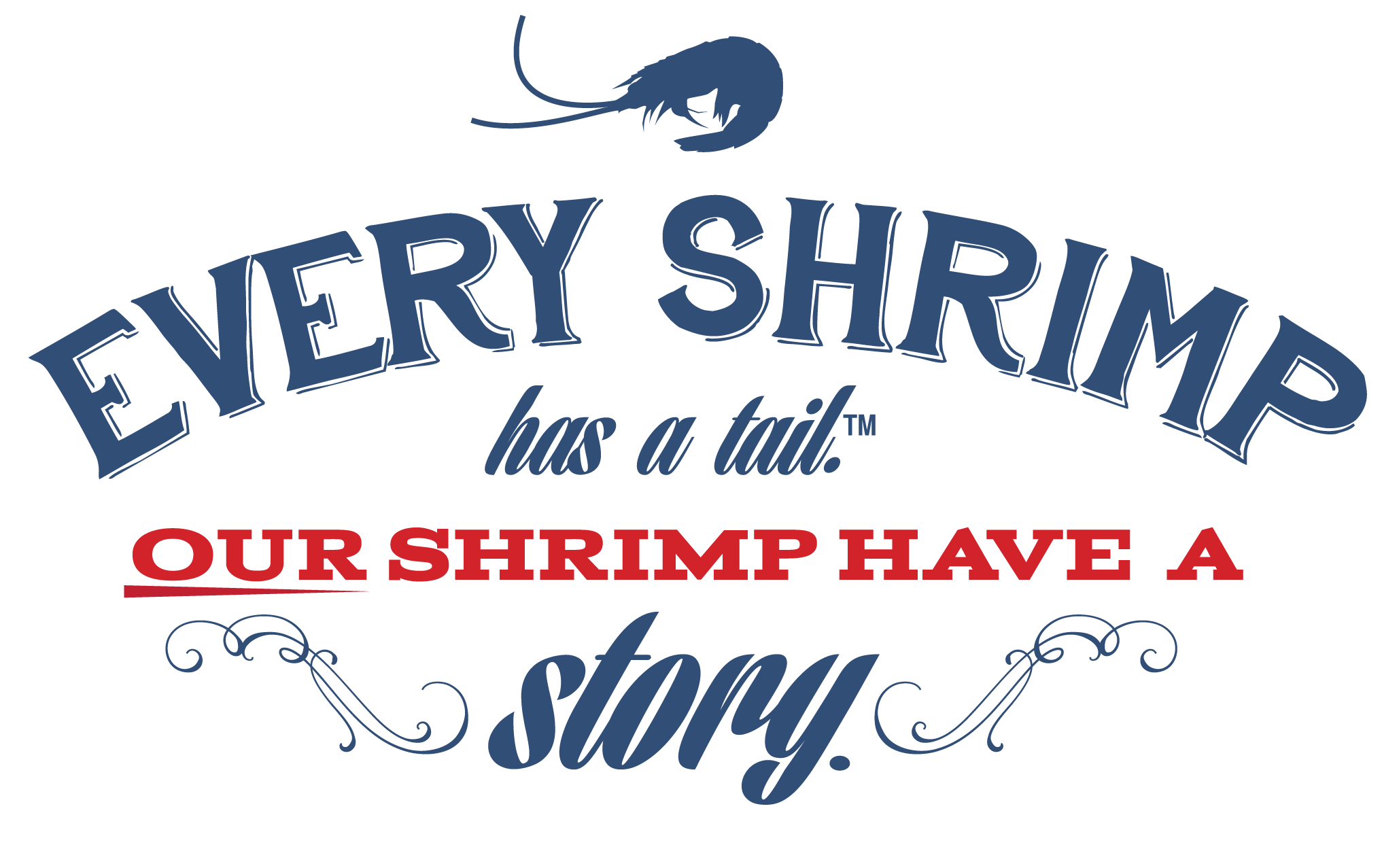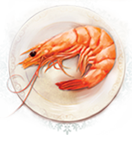On May 23, 2024, the U.S. Department of Commerce announced the preliminary results of the antidumping investigations on shrimp from Ecuador and Indonesia. The investigations were launched late last year in response to petitions filed by the American Shrimp Processors Association. The preliminary dumping margins are summarized below. Ecuador Sociedad Nacional de Galápagos (SONGA) –...
Read More...
Port Arthur, TX (April 16, 2024) The American Shrimp Processors Association (ASPA) is taking aggressive action to combat imports of shrimp from India that were made with forced labor and tainted by other labor abuses. On March 20, 2024, reports emerged regarding horrific labor conditions in India’s shrimp industry, including forced and bonded labor, child...
Read More...
Port Arthur, TX (December 21, 2023). On December 21, 2023, the American Shrimp Processors Association (ASPA) joined in comments to the U.S. Department of Commerce (Commerce) urging the Administration to maintain Vietnam’s status as a non-market economy in antidumping proceedings. On October 30, 2023, Commerce, at the request of the Government of Vietnam, initiated a...
Read More...
Port Arthur, TX (December 12, 2023). On December 12, 2023, the House Select Committee on the Chinese Communist Party adopted a bipartisan report with scores of policy recommendations to reset the terms of the U.S. economic relationship with China and help domestic producers compete in the face of China’s non-market practices. The American Shrimp Processors...
Read More...
Port Arthur, TX (December 8, 2023). Today the United States International Trade Commission (ITC) made an affirmative preliminary determination regarding the antidumping and countervailing duty petitions filed by the American Shrimp Processors Association (ASPA) on imports of shrimp from Ecuador, India, Indonesia, and Vietnam. The ITC, in a unanimous 4-0 vote, determined that there was...
Read More...
Port Arthur, TX (November 16, 2023). The American Shrimp Processors Association (ASPA) is pleased to announce that the US Department of Commerce granted ASPA’s request to initiate Antidumping and Countervailing Duty investigations into imported shrimp from Ecuador, India, Indonesia, and Vietnam. ASPA’s petitions generated overwhelming and widespread industry support. Commerce initiated the investigations based on...
Read More...
Port Arthur, TX (October 25, 2023). Today, the American Shrimp Processors Association (ASPA) filed trade petitions seeking antidumping duties on imported frozen warmwater shrimp from Ecuador and Indonesia and countervailing duties on imported shrimp from Ecuador, India, Indonesia, and Vietnam. The U.S. shrimp market has been overwhelmed by massive quantities of underpriced shrimp imports, resulting...
Read More...
WASHINGTON – U.S. Senator Bill Cassidy, M.D. (R-LA) today introduced two bills to protect Louisiana rice and shrimp against China and India’s dumping of cheap shrimp and produce into U.S. markets. The Prioritizing Offensive Agricultural Disputes and Enforcement Act and the India Shrimp Tariff Act will both protect the Louisiana agricultural industry while ensuring that food that appears on U.S. store shelves meets U.S. health...
Read More...
WASHINGTON, DC – U.S. Representatives Garret Graves (Louisiana) and Kathy Castor (Florida) introduced legislation to stop unsafe, illegally-produced shrimp from reaching consumers. Much of the shrimp that flood the U.S. market are foreign, farmed seafood packed with illegal antibiotics or are products of illegal fishing operations. These low-quality and illegally-sourced shrimp are sold at artificially low...
Read More...
PORT ARTHUR, TX – (April 28, 2023) The American Shrimp Processors Association (ASPA) is excited to announce that it has contracted with Global Trust Certification, Ltd. to complete sustainability assessments of the entire Gulf of Mexico shrimp fishery for both the Marine Stewardship Council (MSC) and the Certified Seafood Collaborative (CSC) Responsible Fisheries Management certifications. MSC...
Read More...
WASHINGTON, D.C. – (July 27, 2017) Today Senate Appropriations Committee Chairman Thad Cochran (R-MS) and Commerce, Justice and Science Appropriations Subcommittee Chairman Richard Shelby (R-AL) added language to the FY2018 Commerce, Justice and Science Subcommittee bill to ensure that the Seafood Import Monitoring Program for shrimp is fully implemented on the same timeline with all...
Read More...
WASHINGTON, D.C., May 18, 2017 – Today Dr. David Veal, executive director of the American Shrimp Processors Association (ASPA), testified before officials from the U.S. Department of Commerce (DOC) and the U.S. Trade Representative (USTR) at a public hearing in Washington, DC to address significant trade deficits in the shrimp industry. “For decades, our shrimp...
Read More...
WASHINGTON, D.C., May 2, 2017 – Today the U.S. International Trade Commission (USITC) voted unanimously to support the domestic shrimp industry’s request to extend the antidumping orders on shrimp from China, India, Thailand and Vietnam for an additional five years. The USITC voted to remove the orders on Brazil. “We at the American Shrimp Processors...
Read More...
WASHINGTON, D.C., March 31, 2017 – “We are very pleased that President Donald Trump has taken major action today to strengthen U.S. trade enforcement,” said American Shrimp Processor Association (ASPA) Executive Director Dr. David Veal. “Making it harder for foreign companies to evade legally required duties helps to level the playing field for U.S. companies...
Read More...
BILOXI, MS (May 25, 2016). The United States Senate voted 55-43 today in support of Senate Resolution 28, which provides Congressional disapproval of a health and safety rule aimed to ensure the safety of American consumers. The Resolution seeks to prevent the Department of Agriculture (USDA) from continued implementation of a robust catfish inspection...
Read More...
The Food and Drug Administration (FDA) has issued an “Import Alert” for farmed shrimp from Malaysia. Of Malaysian shrimp sampled, 32 percent of shrimp samples contained illegal and unsafe amounts of antibiotics, including one that has been shown to cause blood disorders and leukemia. Foreign aquaculture operations use antibiotics to treat shrimp’s bacterial infections, which...
Read More...


